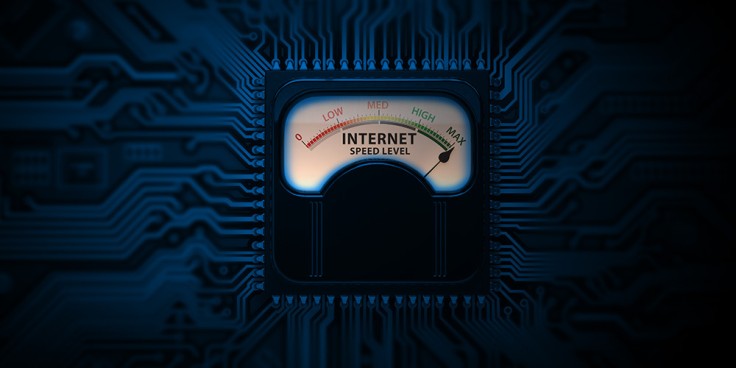Internet services will soon be similarly packaged to customers as food products and supplements as the Federal Communication Commission implements its Broadband Consumer Labels policy.
Similar to "nutrition labels" in packaged goods, internet service providers will soon need to provide customers a price breakdown of their services to remove the so-called "junk fees" from the bills.

So, what shall customers expect to see in their internet "nutrition labels?"
Monthly Recurring Charges
This is the basic payment package all customers pay to their chosen internet service provider.
The price usually depends on the service package, how fast the data transfer or how much coverage the service provides, and the customer is currently subscribed.
Taxes are often added to the monthly fees, although a breakdown of how much was injected is shown.
Introductory Rate
Not all internet service packages have introductory rates on them. Nonetheless, the presence of these rates refers to the agreed service fee the ISPs may charge their customers over a specific period.
The introductory rate also covers how much service fee increase the customer must pay once the initial agreed period expires.
Additional Provider Monthly Charges
These additional fees often refer to extra services the ISP has included on the agreed subscription package.
Additional fees cover any extended services and bundles the customer has agreed to, including streaming bundles, mobile data coverage, and combined bills.
Added charges may also include unpaid balances, surcharges, and equipment charges imposed on the customer via their method of payment or changes made to their subscription package.
Under the new FCC rule, customers must be shown how the additional services will be charged to their agreed subscription packages.
"One Time" Fee
If you are just about to begin your service subscription to an ISP, this would usually be the time to see "one-time" fees added to your internet bills.
Usually, service providers provide discounts or carry-over charges to ease customers paying additional charges if they want to install or upgrade their internet connection.
Service Discounts and 'Pass Through' Fees
Customers can pass through a portion of their internet bills to the government through subsidies and other qualified Federal programs they are eligible to receive.
In the same case, service providers are also able to pass government or regulatory fees to their customers.
Either way, the internet bills must reflect these "pass-through" and discount charges as full disclosure to the customers.
The presence or absence of any of these fees on the internet bills, as long as the customer is aware of them, may indicate whether the ISP is complying with the new FCC rule.
Consumers can report to the FCC's Consumer Complaint Center to report any potential violators.
Related Article : Internet Price Hikes Inevitable as Broadband Subsidy Runs Out, FCC Says









